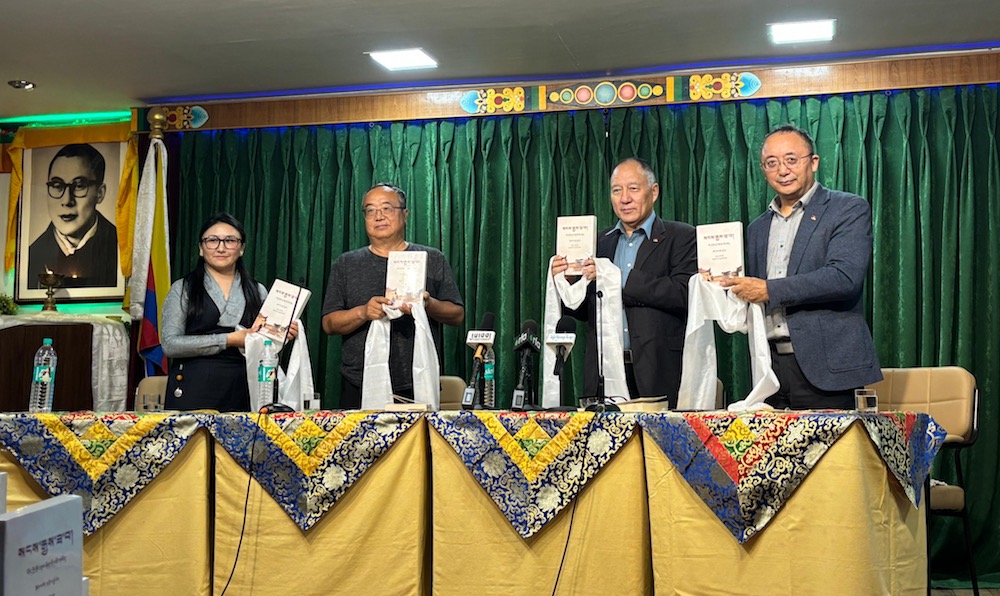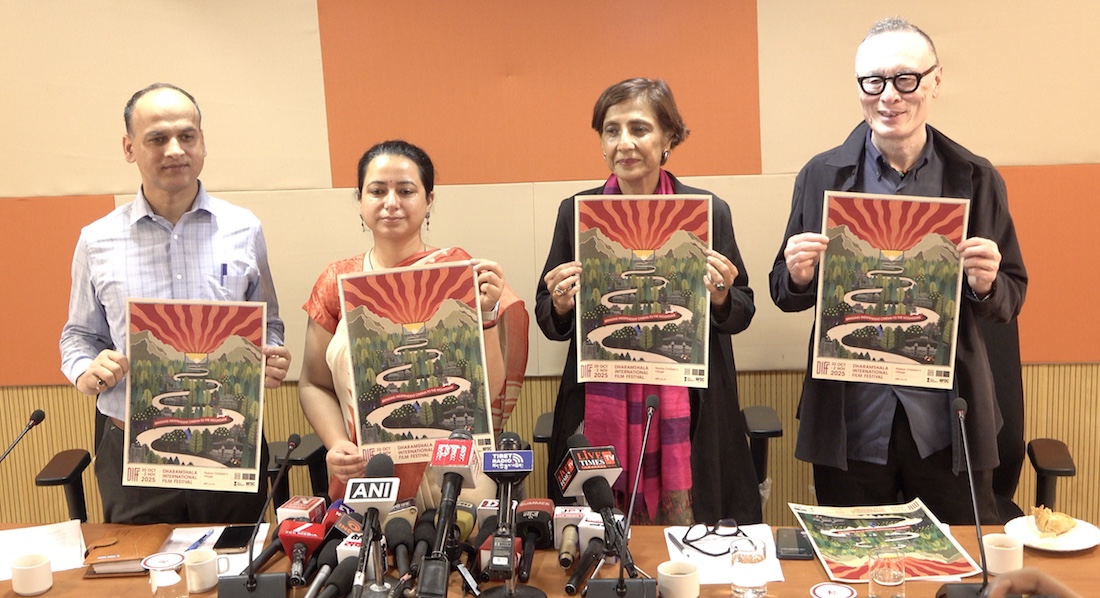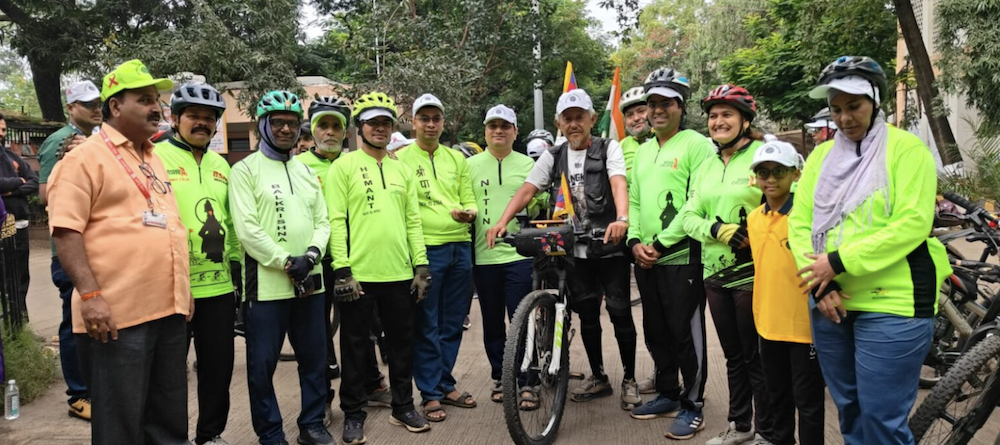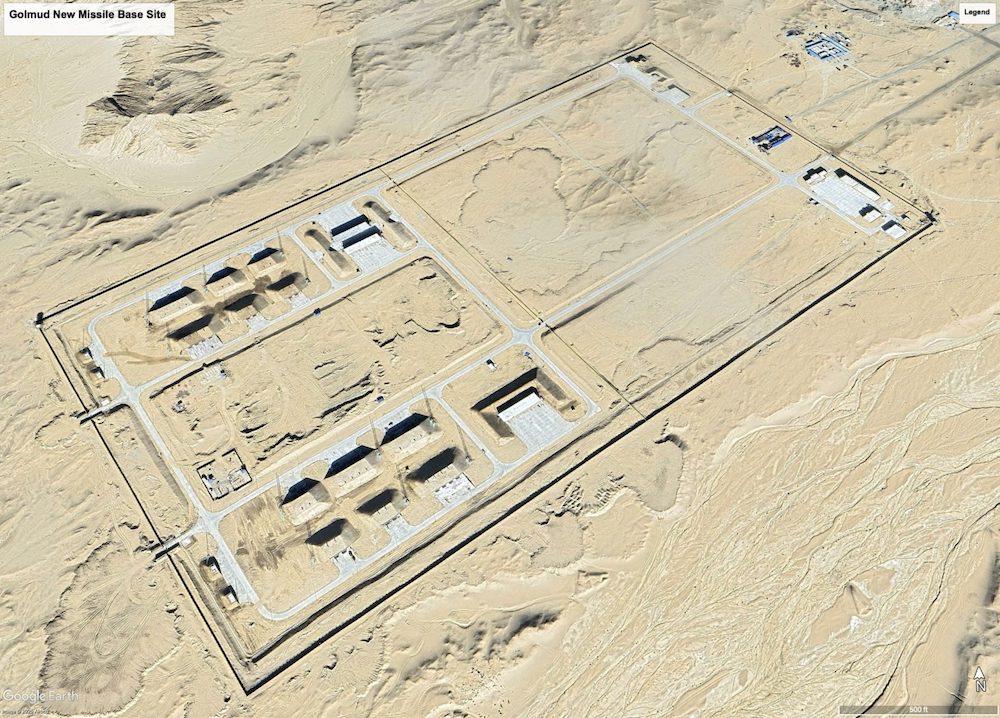Tenzin Nyidon
DHARAMSHALA, Nov. 7: The Tibetan translation of Eat the Buddha: Life and Death in a Tibetan Town, a critically acclaimed book by American journalist Barbara Demick, was launched on Tuesday at the conference hall of the Library of Tibetan Works and Archives in Dharamshala. Organised by Tibet Times, a Tibetan media outlet, the event gathered researchers, scholars, activists, and members of the Tibetan community.
Originally published in 2020, Eat the Buddha chronicles the complex lives of Tibetans in Ngaba, a town at the center of Tibet’s self-immolation protests against Chinese repression. Through intimate narratives, Demick captures the resilience, suffering, and quiet resistance of the Tibetan people, especially those from the Kirti Monastery community, who have endured some of the most severe restrictions and violence.
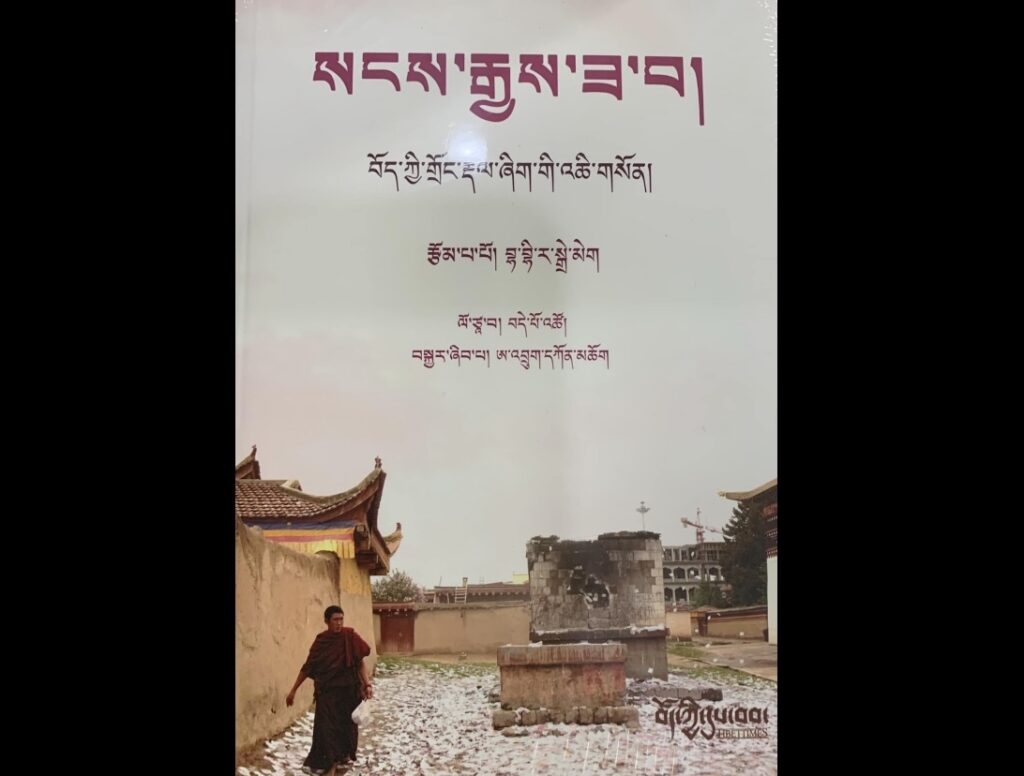
In her virtual message to the gathering, Demick expressed her gratitude to the Tibetan translator, Depo Tso, and editor, Atuk Kunchok, acknowledging their dedication to making these poignant stories accessible to Tibetan readers. She shared insights into her motivation and privileged access that enabled the creation of this book. “I was based in Beijing from 2007 to 2014 as the correspondent for the Los Angeles Times. As a registered journalist, my press card allowed me to travel anywhere in China, granting me privileges others didn’t have. I felt obligated to use these privileges to the best of my abilities. I wanted to report from places that were hard for foreigners to access, and Tibet was one of them,” she explained.
Since the book’s release, Demick said she has had opportunities to discuss Eat the Buddha with young Tibetans, particularly those studying abroad. “I have had opportunities to speak about the book with young Tibetans, most of whom were highly educated university students living in the US and the UK. But I have been surprised that even they are not fully aware of the enormity of what was happening in Tibet from the 1950s onwards,” she remarked. “This is why I am pleased that this book has been translated into Tibetan. I am hoping that the translation will be made accessible to the larger audience.”
Depo Tso, who translated the book, shared how Eat the Buddha resonated with her on a personal level. “The book portrays historical accounts of Tibet, specifically self-immolations, which is something I relate to personally,” she said, recounting the loss of her younger sibling, who self-immolated on January 6, 2012, alongside his friend Tsultrim. “He passed on that day, and his friend passed away the next day. Reading this book filled me with emotions, and I cried many times.”
Depo Tso also reflected on the book’s portrayal of the Cultural Revolution, a period that brought personal tragedy to her family. “During the Cultural Revolution, my grandfather, a Lama, was severely targeted. The Chinese authorities at the time were extremely strict with Lamas, and he was shot three times. He passed away, leaving my father, who was only three months old. Growing up, my father would narrate this story to me, and translating this book brought back those memories,” she explained, noting the profound impact the book had on her.


